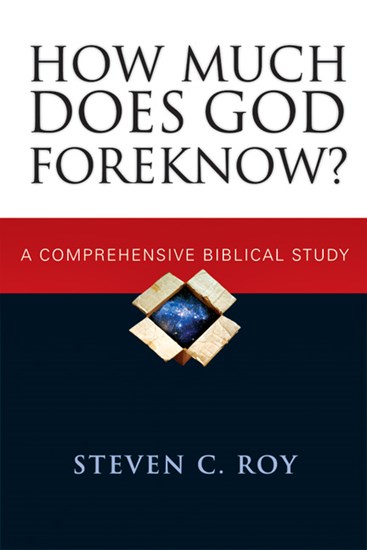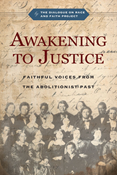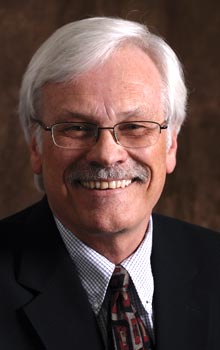
|
How Much Does God Foreknow?
paperback
|
- Length: 312 pages
- Published: August 23, 2006
- Imprint: IVP Academic
- Item Code: 2759
- ISBN: 9780830827596
-
Other Retailers:
Amazon*
*affiliate partner
Does the Bible teach that God's foreknowledge is exhaustive and infallible?
Does Scripture affirm that God foreknows the free decisions of human beings?
Current debates over the extent of God's foreknowledge, argues Steven C. Roy, have not given sufficient consideration to the complete biblical revelation. Seeking to correct this imbalance, Roy provides in-depth studies of dozens of key passages in both the Old and the New Testaments.
Cognizant of the current debates between classical notions of divine foreknowledge and more recent "openness" views, Roy interacts incisively with their respective theological positions and draws out implications of biblical teaching for the practical matters of Christian worship, prayer, guidance, suffering and evil, and ultimate hope in the triumph of God.
"This book represents pastoral theology at its best! First, it is biblical and theological. Its exhaustive focus on biblical texts makes it unique from all the others and invaluable to own. Second, this book is pastoral, showing how what we believe about God will have a profound effect on our lives. This is a book I will consult regularly, and recommend often!"
"Those who want to know what the Bible really says about God's knowledge of the future should be sure to read this book."
"Steve Roy's How Much Does God Foreknow? is a careful, balanced and persuasive defense of God's comprehensive knowledge of the future in the face of the challenge posed by 'open theism.' He demonstrates that the historic Christian view is both well grounded in Scripture and more pastorally adequate than its alternatives. I heartily recommend it to pastors, students, seminarians and the church at large."
"The rise of open theism has generated a fruitful reconsideration of biblical teaching concerning God's foreknowledge, and Steven Roy contributes helpfully to the ongoing exegesis of pertinent texts. Without attempting to explain how God knows the future, Roy demonstrates that nothing about the future will take God by surprise, and he identifies key areas of our lives in which we can draw comfort from that fact. People who find open theism persuasive should welcome the opportunity to engage Roy's case for comprehensive divine foreknowledge. Others who have been troubled by the open theist proposal, whether they are Calvinists or Arminians, will be particularly grateful for this clearly written biblical study."
. . .an important contribution to the age-old debate on divine foreknowledge. . . .interesting and easily readable.
CONTENTS
Acknowledgments
1. Introduction
2. Old Testament Evidence of Divine Foreknowledge
3. New Testament Evidence of Divine Foreknowledge
4. A Different View of Divine Foreknowledge
5. Two Critical Interpretive Questions
6. Practical Implications
7. Conclusion
Bibliography
Name Index
Subject Index
Scripture Index













